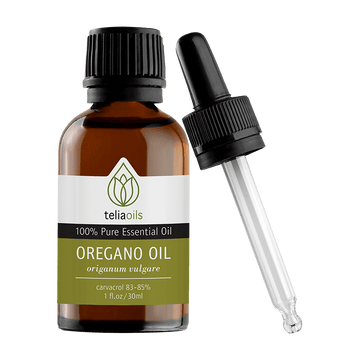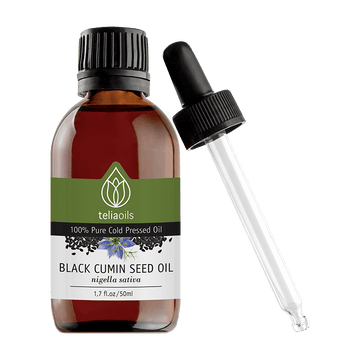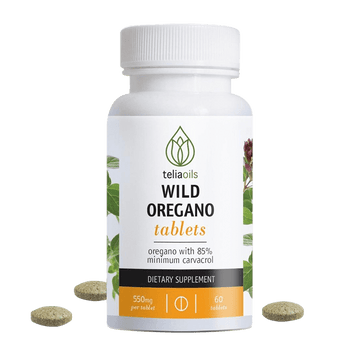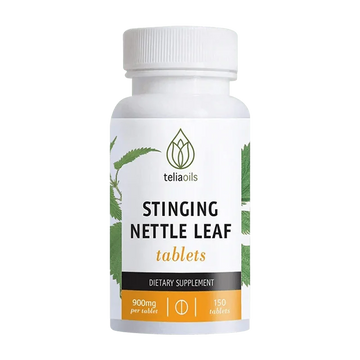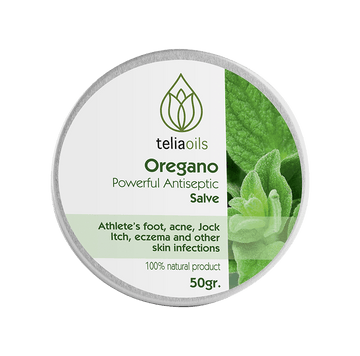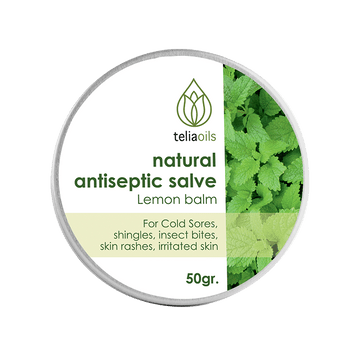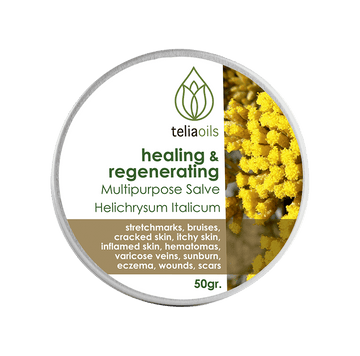Mastic Gum and Digestive Health: Natural Relief for Stomach Issues
by Dimitris Zikos on Jul 30, 2024
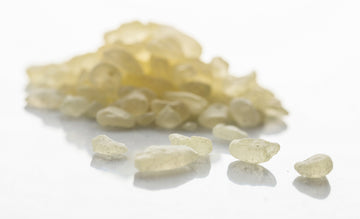
Mastic gum, derived from the resin of the mastic tree (Pistacia lentiscus), which is native to the Mediterranean region, has been used for centuries in traditional medicine. Today, modern scientific research supports many of the traditional uses of mastic gum, particularly its benefits for digestive health. This article explores how mastic gum can offer natural relief for common digestive issues such as gastritis, ulcers, and indigestion.
What is Mastic Gum?
Mastic gum is a resinous substance harvested from the mastic tree. Historically, it has been chewed as a gum and used in various forms, from culinary spices to remedies for health problems. The unique properties of mastic gum include anti-inflammatory, antibacterial, and antioxidant effects, making it a valuable natural treatment for a variety of digestive complaints.
Mastic Gum for Gastritis and Ulcers
Fighting Bacterial Infections
One of the most significant findings in recent research is mastic gum's effectiveness against Helicobacter pylori (H. pylori), a bacterium linked to the development of gastritis, ulcers, and even gastric cancer. Studies have shown that mastic gum can inhibit the growth of H. pylori and reduce the bacterial load in the stomach, offering a potential natural treatment option for those suffering from H. pylori-induced gastric issues.
Reducing Inflammation and Promoting Healing
Mastic gum not only fights the infection but also helps heal the stomach lining. Its anti-inflammatory properties help reduce swelling and inflammation associated with gastritis and ulcers, promoting healing in the gastric tissues. This dual action makes mastic gum particularly effective in managing stomach ulcers and gastritis symptoms.
Mastic Gum for Indigestion
Easing Digestive Discomfort
Indigestion, or dyspepsia, is a common ailment that can cause discomfort such as bloating, heartburn, and nausea. Mastic gum has been found to help ease these symptoms by facilitating digestion and reducing stomach acidity. The gum's soothing properties can help regulate stomach function, improving overall digestive health.
Enhancing Gut Health
Beyond treating specific symptoms, mastic gum contributes to overall gut health by balancing gastric secretions and protecting the stomach lining from irritants. This preventative aspect can be particularly beneficial for those who frequently suffer from indigestion and other related digestive disturbances.
How to Use Mastic Gum for Digestive Health
Mastic gum can be used in various forms, including capsules, powders, and as a chewable gum. The choice of form depends on personal preference and specific health needs:
- Capsules are often recommended for those treating specific ailments like ulcers or H. pylori infections, as they provide a concentrated dose that is easy to regulate.
- Chewing the gum can be particularly effective for direct relief of digestive discomfort, as it stimulates the production of saliva and digestive enzymes.
Mastic gum offers a natural and effective way to manage and alleviate various digestive issues, backed by centuries of traditional use and increasing scientific validation. Whether you are battling a bacterial infection, healing from gastric ulcers, or simply seeking relief from indigestion, mastic gum may provide significant benefits. As always, it is important to consult with a healthcare provider before starting any new treatment, especially if you have ongoing health issues or are taking other medications.

